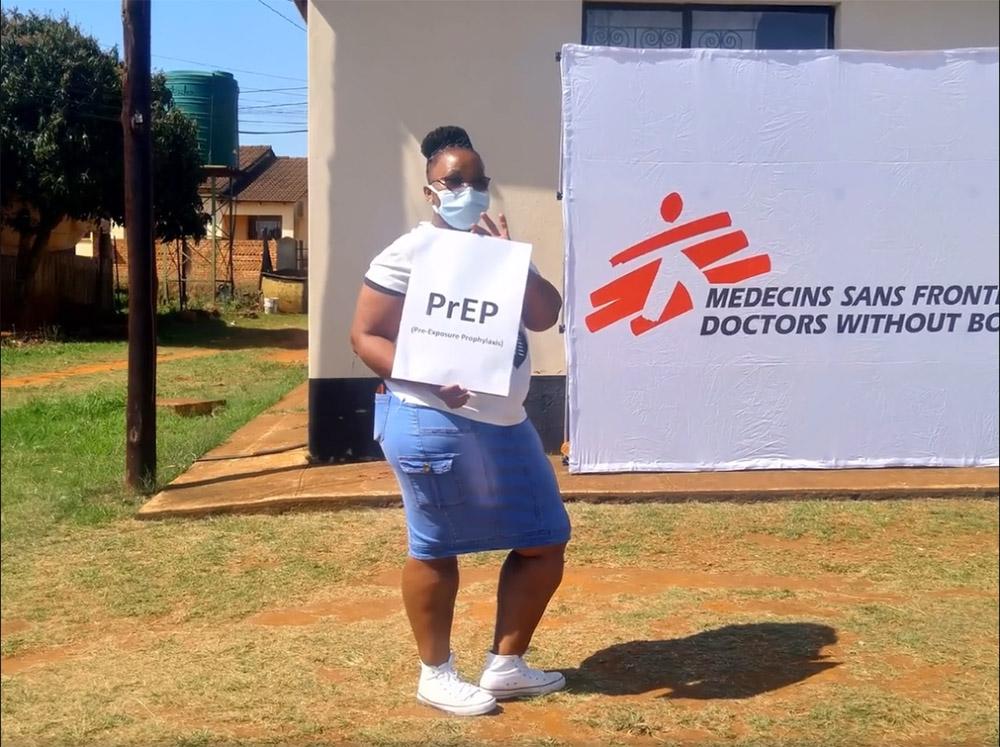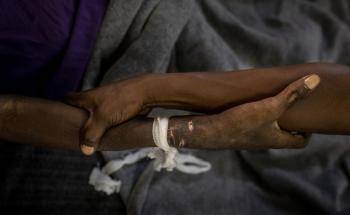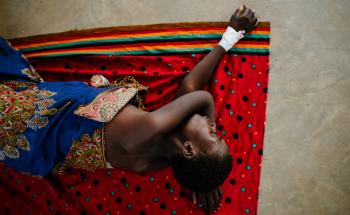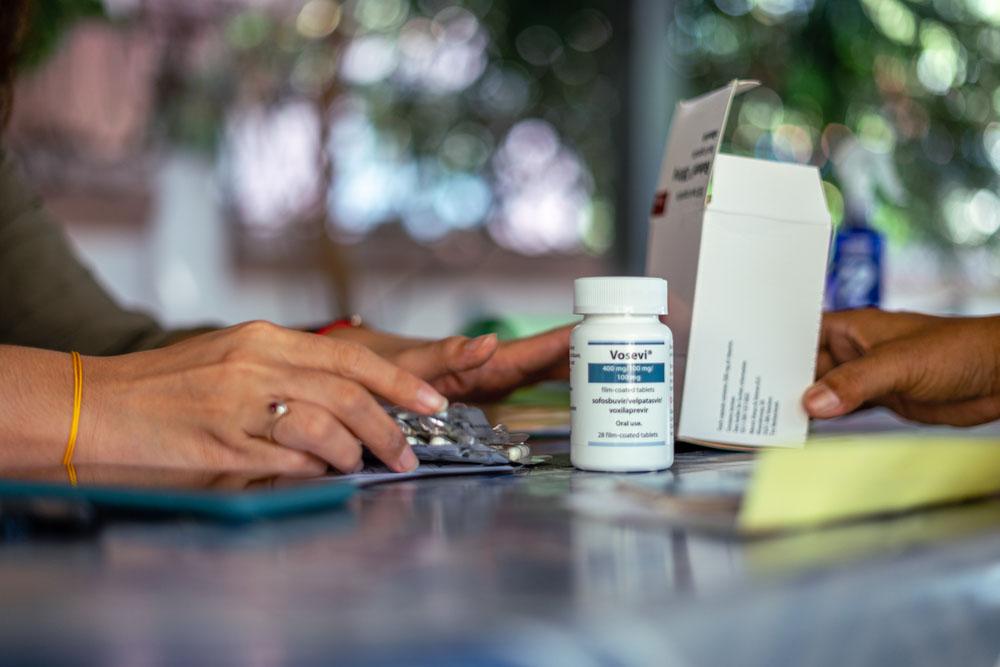Reducing the number of people who contract HIV is a major goal for Nurse Michelle and the MSF team in Eswatini. Worried that key health information wasn’t reaching the people most at risk, they decided to try a different kind of viral challenge…
I remember the first time I heard the song from the internet in December. It’s the kind of song that unites people, that gets everyone dancing. The kind of tune that gets stuck in your head.
Determined
My name is Michelle Daka, I’m the nursing activity manager for the Doctors Without Borders (MSF) tuberculosis and HIV project in Shiselweni, Eswatini.
Eswatini is a small country in southern Africa, between Mozambique and South Africa. Although there have been major strides in tackling HIV at a national level, around 7,000 people (or roughly one in every 200) still become HIV positive every year.
In our region, we’re determined to bring those numbers down.
A new approach
One of the interventions we offer in our clinics is PrEP, or ‘Pre-Exposure Prophylaxis’ – a drug that reduces the risk of contracting HIV if you are exposed to the virus.
We know that there are a lot of people in our region who are sexually active and at risk of contracting HIV, and that condoms are not widely used. When we asked people about the idea of taking PrEP, they were positive about it. However, we’ve found that there is stigma with some people because the packaging can resemble the tablets actually used to treat HIV. We’ve also found that lots of people simply don’t know what PrEP is. To scale up, we needed a new approach.
And so, on a bright October afternoon, a group of us got together, with a stereo and a video camera, to try something we hadn’t tried before…
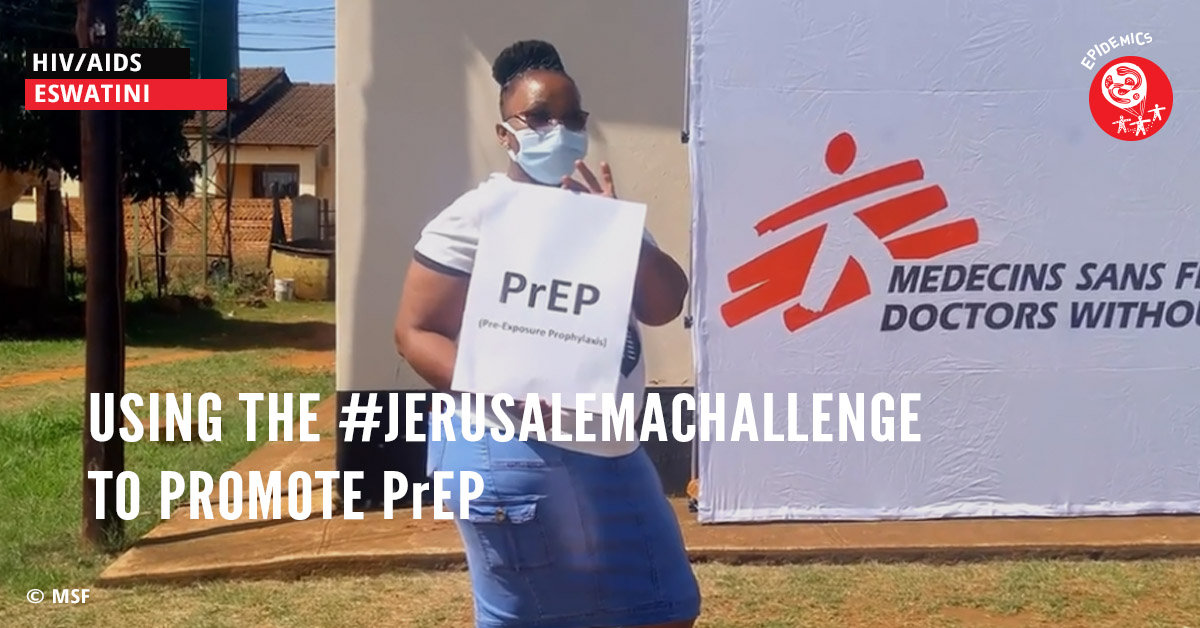
Eswatini team joins Jerusalema Challenge to help save lives
Formal, monotonous, routine?
Our project already works hard to reach the community with vital information about HIV and the services we offer. We engage and empower community leaders, including religious, rural health motivators, traditional leaders and pro-gender groups to spread the message, particularly among groups that can be hard to reach, like men.
But with the slow take-up of PrEP, we felt like there was more we could do. We have a Facebook page for the project, but talking with our digital health promotion manager, we were wary of putting out messages that were too formal, monotonous or routine. We wanted something entertaining, that people would want to share.
And that’s how we decided to join the Jerusalema dance challenge.
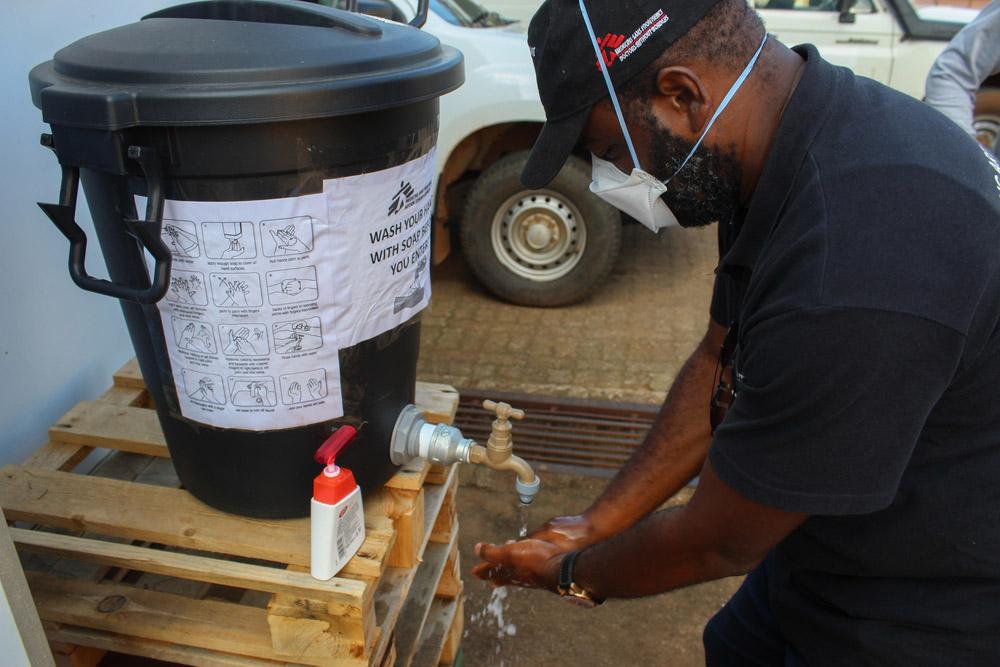
The challenge
Jerusalema is a very catchy hit song from South Africa. It became an online dance challenge across southern Africa before going viral globally. Now it feels like the whole world has embraced it!
At our staff meeting, we announced the plan to make a dance video that would include key messages about PrEP and how people could access it. On the day of the recording, it was great to see members of our team, wearing MSF t-shirts and aprons, and ready to take on the challenge with energy and zeal.
I was ecstatic. Everything went smoothly and the team was really dedicated and willing to learn the routine. We even had a drone to capture the dance from above.
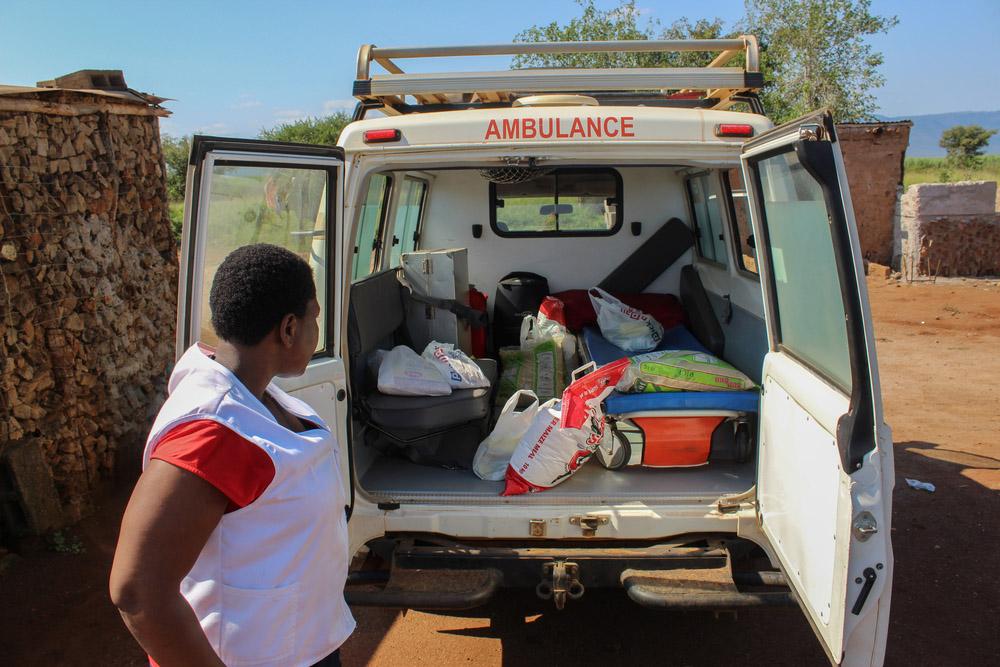
Tremendous response
Since we shared the video online the response has been tremendous.
The video has over 1,700 reactions on Facebook. The comments were really positive, some with general support for the video and project, and some from people asking about PrEP.
Most importantly, the number of people actually starting PrEP in our projects has increased.
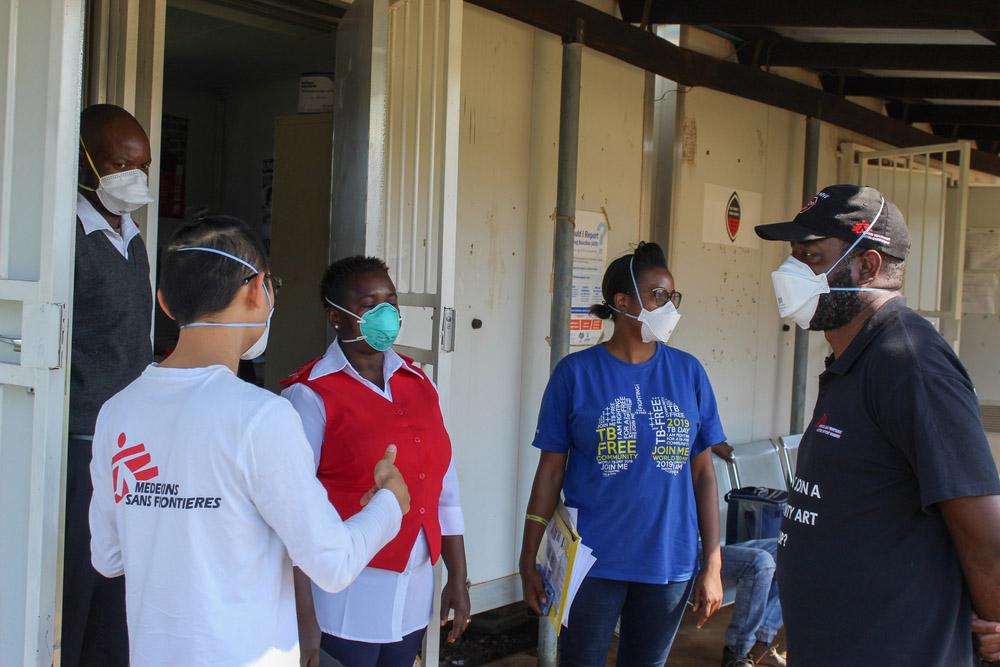
Innovation and creativity
My favourite thing about my job is that I’m part of a team which saves lives, but to make sure we’re reaching the people who need us, we have to move along with the times and understand the social contexts of the communities we serve.
Our HIV/TB project is at a point where innovation and creativity are crucial: we can’t just dwell on the standard, traditional way of doing things.
I think that to increase our impact here in Eswatini, social media and digital health promotion is the way to go. We’re already thinking about what to do next!
